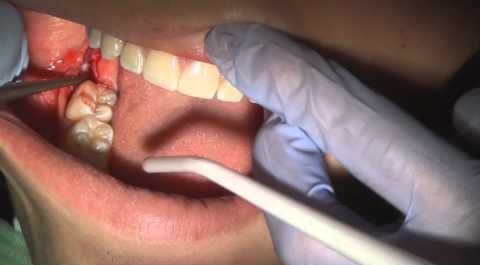Wisdom tooth extraction is a common dental procedure that many people undergo at some point in their lives. It is natural to have concerns about the potential pain associated with this procedure. However, it is important to note that wisdom tooth extraction is typically not a painful experience.
During the extraction process, the area around the tooth is numbed with local anesthesia. This ensures that you will not feel any pain during the procedure. While some pressure may be felt as the tooth is being removed, it is not typically described as painful. The use of local anesthesia provides effective pain relief and ensures a comfortable experience for the patient.
In some cases, wisdom tooth extraction may be performed using intravenous (IV) sedation or general anesthesia. These methods can be used for patients who may have a higher level of anxiety or require more extensive dental work. With IV sedation or general anesthesia, you will not feel any pain or pressure during the procedure.
It is important to follow your dentist's instructions for post-operative care to minimize any discomfort after the extraction. You may experience some swelling and mild discomfort in the days following the procedure, but this can be managed with over-the-counter pain medications prescribed by your dentist.
While the extraction itself is not typically painful, it is important to note that everyone's experience may vary. Factors such as the position of the tooth, the complexity of the extraction, and individual pain tolerance can influence the level of discomfort experienced during and after the procedure.
It is always best to consult with your dentist or oral surgeon to discuss any concerns or questions you may have about the wisdom tooth extraction process. They will be able to provide you with personalized information and guidance based on your specific situation.
In conclusion, wisdom tooth extraction is generally not a painful procedure. The use of local anesthesia ensures that you will not feel any pain during the extraction. In some cases, other forms of sedation or anesthesia may be used to further enhance your comfort. Remember to follow your dentist's instructions for post-operative care to minimize any discomfort and promote a smooth recovery.


